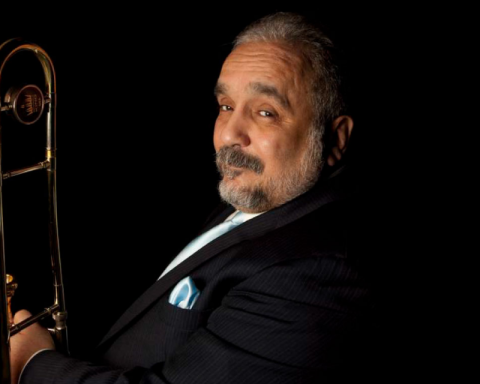Many times, as a sermon, people tend to say that “money does not buy happiness”, as a way of generating a process of detachment from the material or the banal.
Whether true or not, there is scientific evidence that supports both possibilities, such as a study published in the journal ‘Proceedings of the National Academy of Sciences’, which states that money can actually be an important factor in a person’s mood.
(So are the investments of the richest people in the world).
The group of scientists in charge of this study, made a measurement of the effect of income in people who had assets from the 75 thousand to 500 thousand dollars a year.
The results indicated that, indeed, happiness can rise steadily depending on income and even skyrocket when salary exceeds $100,000 per year. This despite the fact that this factor also has to do with the mood and satisfaction of the person.
(93% of Colombian couples would divorce for money management).
Money really can buy happiness and the correlation would go well beyond the $85,000 annual salary threshold. which had been considered the upper limit for any impact on the person’s mood.
This is also related, according to the study, with the satisfaction that a person can have when they manage to overcome their difficulties or needs in a more simple way thanks to the increase in income.
“For very poor people, money clearly helps a lot,” Research Fellow Matthew Killingsworth told New Scientist. “But if you have a decent income and you’re still miserable, the source of your misery is probably not something you money can fix“.
However, the level of happiness versus a person’s income would also be correlated with the person’s free time. This is because the overall emotional effect of more income for a person is left hanging when compared to circumstances such as two days off at the weekend.
BRIEFCASE.
















